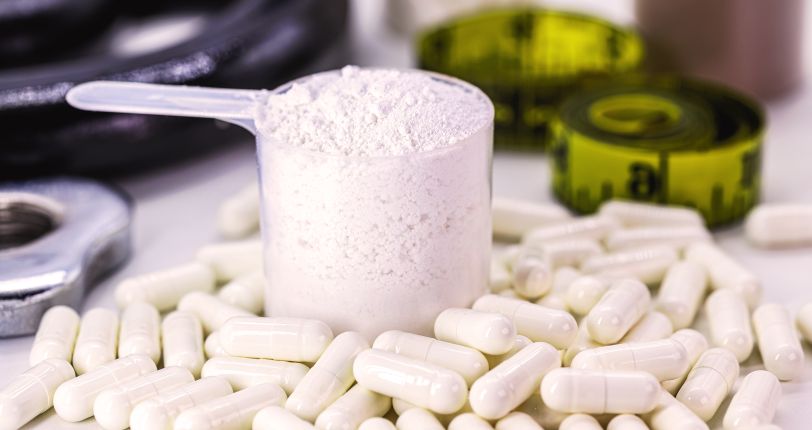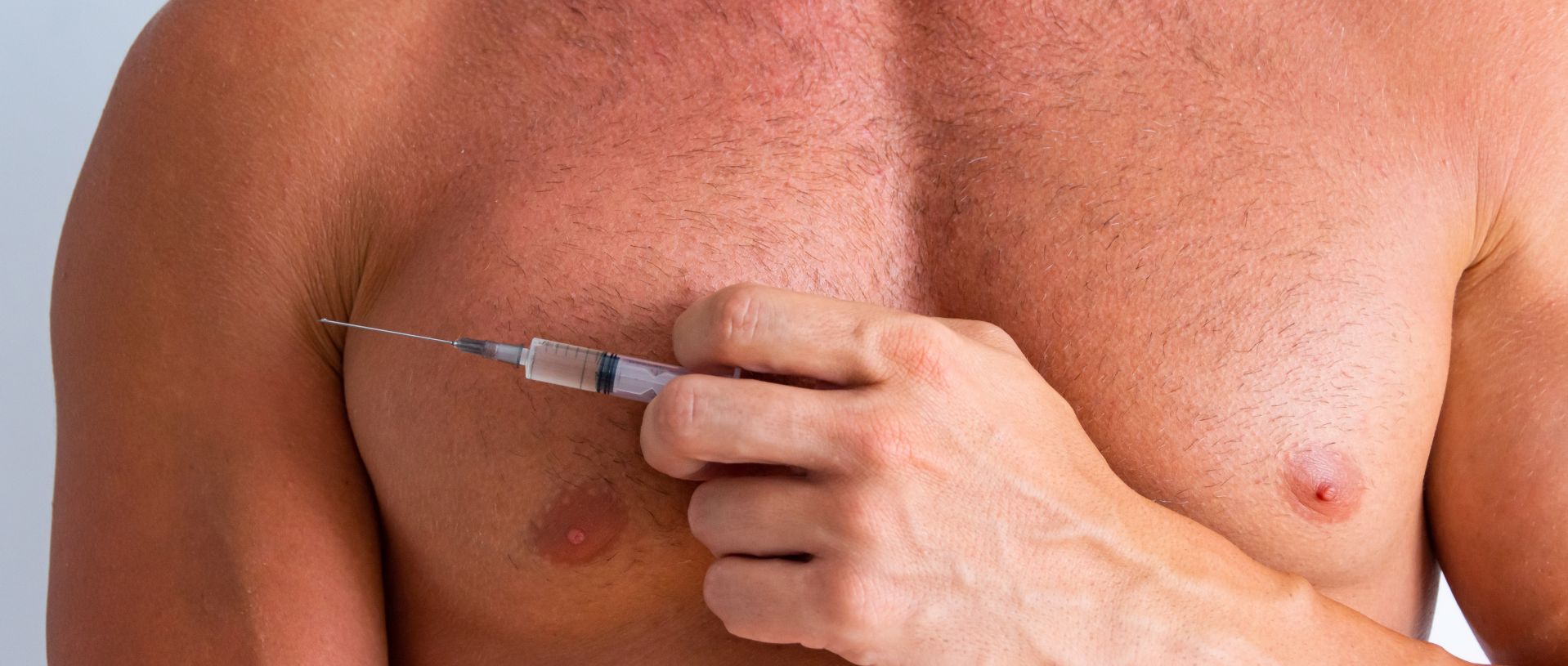Understanding the Impact of Medications and Substances on Gynecomastia
Gynecomastia, or male breast tissue enlargement, can be a distressing condition for men. Certain substances can increase the likelihood of developing gynecomastia. Bodybuilders frequently use various substances to boost muscle growth, strength, and physical performance. These substances could include anabolic steroids, selective estrogen receptor modulators (SERMs), growth hormones, and other performance-enhancing drugs. Anabolic steroids, in particular, have been shown to disrupt the hormonal balance of the body.
Gynecomastia can be caused by a hormonal imbalance. When the primary sex hormones, estrogen and testosterone, are out of balance, man boobs can develop. Males usually have higher testosterone levels than females. A hormonal imbalance, such as a decrease in testosterone or an increase in estrogen, can stimulate the growth of breast tissue, leading to gynecomastia. Hormonal imbalances can be caused by a number of factors such as aging, obesity, certain medications, underlying medical conditions, and genetic predispositions.
Can You Get Gyno from Testosterone?
A drop in testosterone levels in comparison to estrogen levels can contribute to the development of gynecomastia. Testosterone is the primary male sex hormone responsible for the development of masculine characteristics such as muscle mass and a deeper voice. When testosterone levels drop or estrogen levels rise, the hormonal balance can be disrupted.
While testosterone replacement therapy (TRT) is a popular treatment for men who have low testosterone levels, it can contribute to the development of gynecomastia. To restore hormonal balance, TRT involves the administration of exogenous testosterone. However, this supplementation can result in an imbalance of testosterone and estrogen levels. Excess testosterone can be converted to estrogen via aromatization, resulting in elevated estrogen levels. This hormonal imbalance can lead to the development of male breast tissue, resulting in gynecomastia.
Hormone deficiency or imbalance can be caused by aging, certain medications, obesity, hormonal disorders, and underlying medical conditions. Medication that affects testosterone levels, such as hormone therapy or anabolic steroids, usually increases the risk of gynecomastia.

Gyno and Steroids
Anabolic steroid misuse and abuse can have serious consequences for hormone balance and contribute to the development of gynecomastia. Synthetic anabolic steroids are substances that mimic testosterone’s effects in the body. If consumed in large quantities or for an extended period of time, they can disrupt the normal hormonal regulation system.
Steroids work by binding to androgen receptors, which are found in many tissues, including the breast. Once bound, they can set off a series of events that disrupt the balance of testosterone and estrogen. Steroids can increase testosterone levels, which may appear to be advantageous for muscle growth; however, some of this extra testosterone can be converted into estrogen via aromatization.
Increased estrogen levels in relation to testosterone can upset the delicate hormonal balance, resulting in breast tissue growth. This imbalance contributes significantly to the development of gynecomastia. Furthermore, some steroids may have progestin-like effects, which contribute to male breast tissue growth.
The extent and likelihood of gyno from steroids can differ between individuals. Factors include steroid type, dosage, duration of use, genetic predisposition, and individual response. Furthermore, the risks of steroid use extend beyond gynecomastia to serious health issues such as cardiovascular disease, liver damage, and psychological effects.

Does Marijuana Cause Gynecomastia?
THC (tetrahydrocannabinol) in marijuana is an active compound that can interact with the body’s endocannabinoid system. The endocannabinoid system regulates a number of physiological processes, including hormone production and balance. Marijuana may disrupt the normal hormonal balance by interacting with cannabinoid receptors, resulting in an increase in estrogen levels relative to testosterone. This hormonal imbalance can stimulate male breast tissue growth, leading to gynecomastia.
There is limited and conflicting evidence on the specific relationship between marijuana and gynecomastia. Various studies have produced conflicting results, and more research is required to establish a conclusive link. Marijuana’s impact on gynecomastia development may be influenced by factors such as frequency and duration of use, individual susceptibility, and other lifestyle and genetic factors.
Gynecomastia Surgery with Dallas plastic surgeon Dr. Azouz
Given the risks and complications of substance use, it is critical to prioritize health and seek professional help. Dr. Solomon Azouz, a board-certified plastic surgeon in Dallas, can provide comprehensive evaluations, monitoring, and appropriate treatment options if gynecomastia develops.
Gyno surgery is often the best option for men who want to remove excess breast tissue for a more masculine chest contour. Dr. Azouz is a board-certified plastic surgeon in Dallas who specializes in gynecomastia surgery. Dr. Azouz uses his expertise and advanced techniques to help patients achieve a flatter, more defined chest by removing excess breast tissue and sculpting the chest contours. Patients can regain their confidence and enjoy a more masculine appearance under his care. Call (972) 702-8888 today to schedule a consultation for gyno surgery in Dallas.
Posted on behalf of
